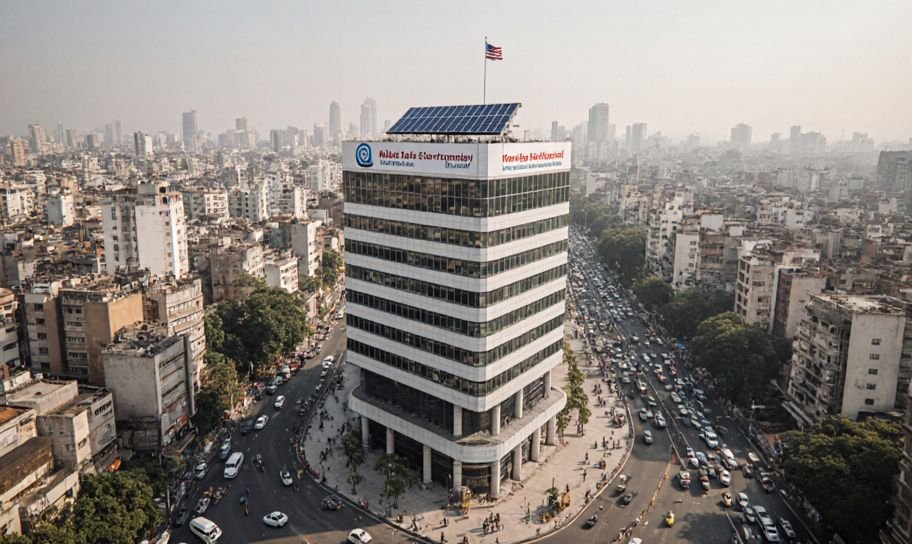
Quick Summary: Rajesh Sharma's request to stop a power deal in Maharashtra was rejected. The court found no good reason in his claims about the deal being unfair or biased.
Rajesh Sharma, a politician from Mumbai, filed a case against the State of Maharashtra and others. He challenged a deal announced on March 13, 2024, for buying power by the Maharashtra State Electricity Distribution Company Limited (MSEDCL). The deal involved offers for both traditional and solar power.
Sharma argued that the deal process broke the Electricity Act and required rules. He claimed the deal was announced without proper approvals and openness, possibly favoring one big company.
“The deal process is unfair, not open, and limits competition among the companies,” Sharma's lawyer argued.
MSEDCL defended the deal, saying it followed the right steps and got necessary approvals. They created a combined bidding process to buy both traditional and solar power, aiming to lower costs for customers.
MSEDCL said their plan would “reduce the price found through competitive bidding.”
The court, led by Chief Justice Shree Chandrashekhar and Justice Manjusha Deshpande, found no proof of any wrongdoing. They noted that the deal aimed to meet the rising need for electricity in Maharashtra and was designed to help customers by lowering prices.
The court pointed out that Rajesh Sharma didn't have the right to challenge a business deal. They noted that the case seemed more like a way to get attention than a real concern for the public.
“This case pretending to be for public interest is clearly misusing the court's time,” the judgment stated.
The court dismissed the case, supporting MSEDCL's power buying process. They stressed the importance of openness and competition in such deals but found no solid proof for Sharma's claims. The decision highlights the limits of public interest cases in business matters.